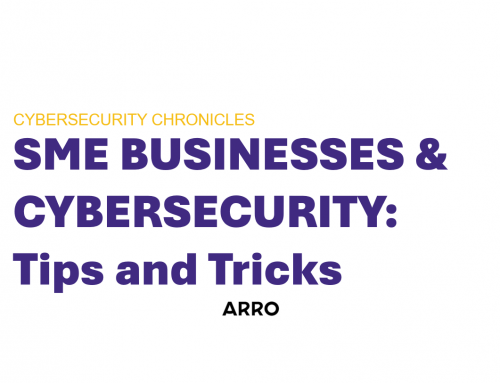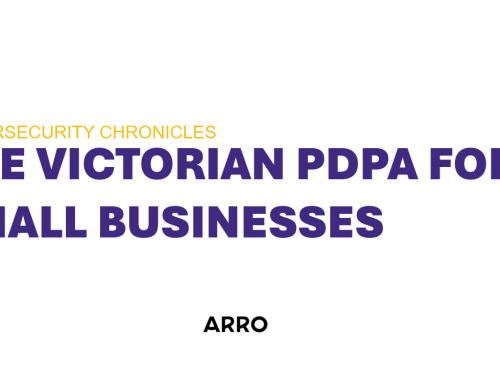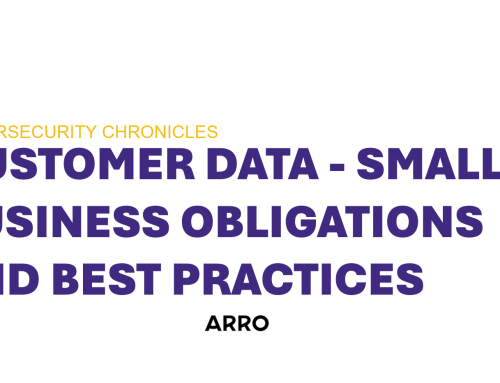Unless you have been off-grid (and don’t use Starlink), it is no secret that social media platforms have revolutionized communication. It is also not a surprise that following a brief discussion with your intern about the latest new K-BBQ joint, rival restaurants seem to coincidentally show up on your feed (and that too, with 20% discount codes)!
While we may shrug it off initially, these practices raise significant privacy concerns. Companies in the business of collecting extensive personal data (especially social media), usually do so to allow for “targeted ads” – sometimes without ensuring proper user consent.
Recent developments have further intensified these concerns. Meta, (the parent company of Facebook and Instagram), has faced scrutiny over its plans to use user data to train its AI systems. This controversial move has been met with resistance, including a formal complaint filed by the Open Rights Group with the UK’s data regulator, claiming potential violations of data protection laws.
While living our best lives on social media can result in invaluable ‘clout’, unintended exposure and exploitation of this information, often highly private and personal in nature, can lead to a vulnerable situation. As highlighted by frequent data breaches, balancing new technologies with users’ privacy rights is crucial in today’s digital interactions.
Fun Fact: Did you know that Australian social media users have the right to access, correct, and control their data held by social media companies according to privacy law?
This is to ensure transparency and accountability in how personal information is managed online, and requires platforms like TikTok, Instagram and Snapchat to protect users’ personal information and adhere to principles of data collection, use, and disclosure, pursuant to the Privacy Act 1988 (Cth).
For a no obligation consultation for your business with our team experienced in Data Privacy and New Technologies Law matters, contact Arro Lawyers today.




